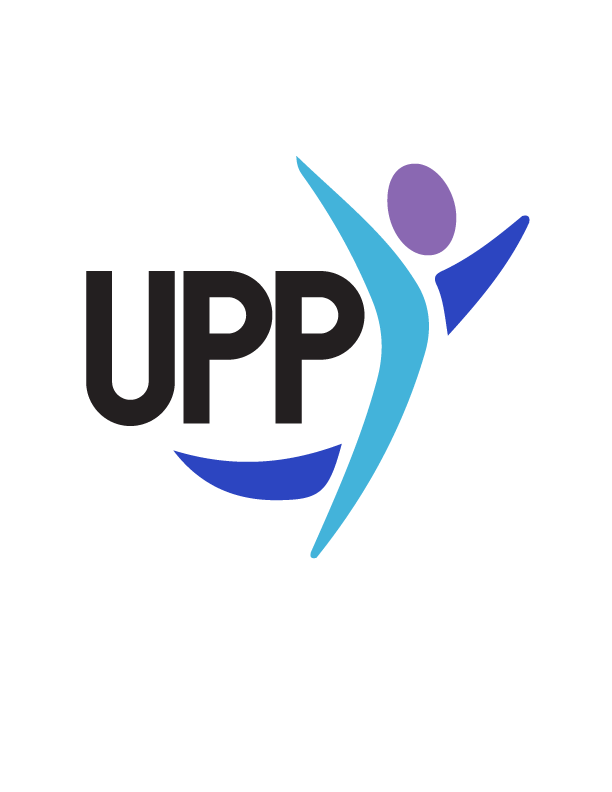WEEK 27- Gratitude Letter
Equipment Required
Pen and Paper
PERMAH Element
Positive Emotions and Relationships
Teachers to read and facilitate the following:
Rationale
Research has shown that grateful people experience higher levels of positive emotions such as joy, enthusiasm, love, happiness and optimism. The practice of gratitude as a discipline can protect us from feeling jealous, greedy, resentful or bitter (Emmons, 2007). In being grateful, we recognise the goodness in our life and we acknowledge that the source of much goodness is from outside ourselves. We can be grateful for someone, something, or a situation. It can be felt as a sense of wonder in noticing and appreciating the ordinary things in life. When we take things for granted our gratefulness is inhibited. Gratitude is not just an attitude it is also a choice. It is choosing gratitude that enables us to receive. Gratitude can motivate us to repay the goodness we have been given (Emmons, 2007). When we acknowledge that others have supported and helped us in big or small ways, we benefit from the positive emotions and wellbeing that being grateful gives us.
Description of Personal Wellbeing Practice: Gratitude Letter
Think of a person that you would like to meaningfully thank. This person may have helped you, been kind to you or had a positive influence in your life (and they may continue to do so). It might be a friend, teacher, family member, coach or relative.
Write a short letter to this person expressing your appreciation for how they have impacted you. Include in detail what you are thanking them for and why it helped you.
Once you have finished the letter (which you might need to do at home), deliver the letter to the person, or call them and read the letter to them.
(If it is not possible to give the letter or call the person- the process of writing the letter itself is enough to increase your wellbeing.)
Main message:
“The single greatest thing you can do to change your life today would be to start being grateful for what you have right now.” — Oprah Winfrey
UPP’s Personal Wellbeing Practices
A Personal Wellbeing Practice (PWP) is an evidenced-based positive psychology intervention, applied in school communities or other educational settings. At UPP, we have tried to make these PWP’s simple, concise and relevant for students and their teachers. The six elements for the Personal Wellbeing Practices are: Positive emotion (P); Engagement (E); Relationships (R); Meaning (M); Accomplishment (A); and, Health (H).
We hope that these evidence-based tools of positive psychology will enhance help people to thrive and live their best life, both within and beyond the school gates.
For more activities like this (and much more), check out THRIVE Online Lesson Modules for Pastoral Care and Wellbeing.
Unleashing Personal Potential

